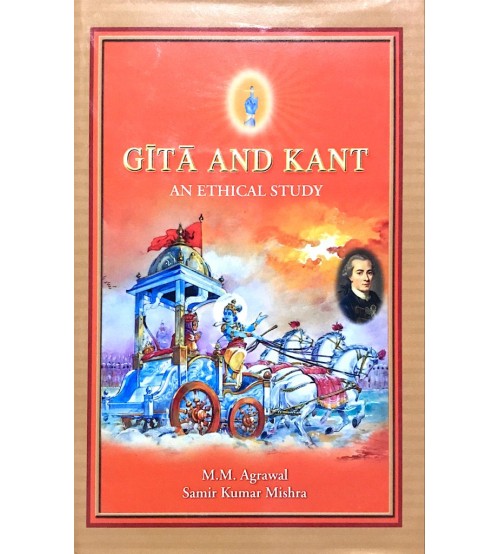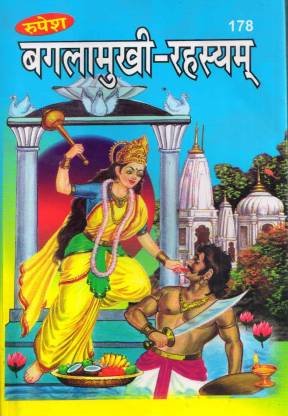



Gita And Kant Gita And Kant : An Ethical Study: An Ethical Study
₹750.00 Original price was: ₹750.00.₹600.00Current price is: ₹600.00.pc
Out of stock
“Gita And Kant: An Ethical Study” by Dr. Samir Kumar Mishra is a comparative analysis that explores the ethical philosophies of the Bhagavad Gita and Immanuel Kant. The book delves into how these two significant texts—one from ancient Indian philosophy and the other from Western enlightenment thought—address fundamental ethical questions and moral dilemmas.
Key Themes:
- Ethical Foundations: The book examines the foundational principles of ethics as presented in the Bhagavad Gita, which emphasizes duty (dharma), righteousness, and the path of selfless action (karma yoga), and contrasts these with Kant’s deontological ethics, which focus on duty and the categorical imperative.
- Moral Duties: Mishra explores how the Bhagavad Gita and Kantian ethics perceive moral duties and the nature of moral actions. While the Gita advocates for acting according to one’s dharma and the concept of detached action, Kantian ethics emphasizes adherence to universal moral laws and the intrinsic worth of individuals.
| Weight | 2 kg |
|---|---|
| Dimensions | 21 × 15 × 6 cm |
| Brand |
Chaukhamba surbharti prakashan |
| Language |
English |
| Publisher |
Chaukhamba Surbharti Prakashan |
| Author |
Dr.Samir Kumar Mishra |


Shipping & Delivery
For fast and confirmed delivery send your complete postal address because we use India Post for delivery. It takes may be one week to 12 days and if the Customer wants through courier it charges extra according weight and pincode and you should contact us on our given number.
Shipping
- For orders up to 1 kg: ₹99
- For every additional 500 grams (above 1 kg): ₹30
- Shipping is handled by India Post.






















 Vastu shastra
Vastu shastra Geeta press
Geeta press
Reviews
Clear filtersThere are no reviews yet.